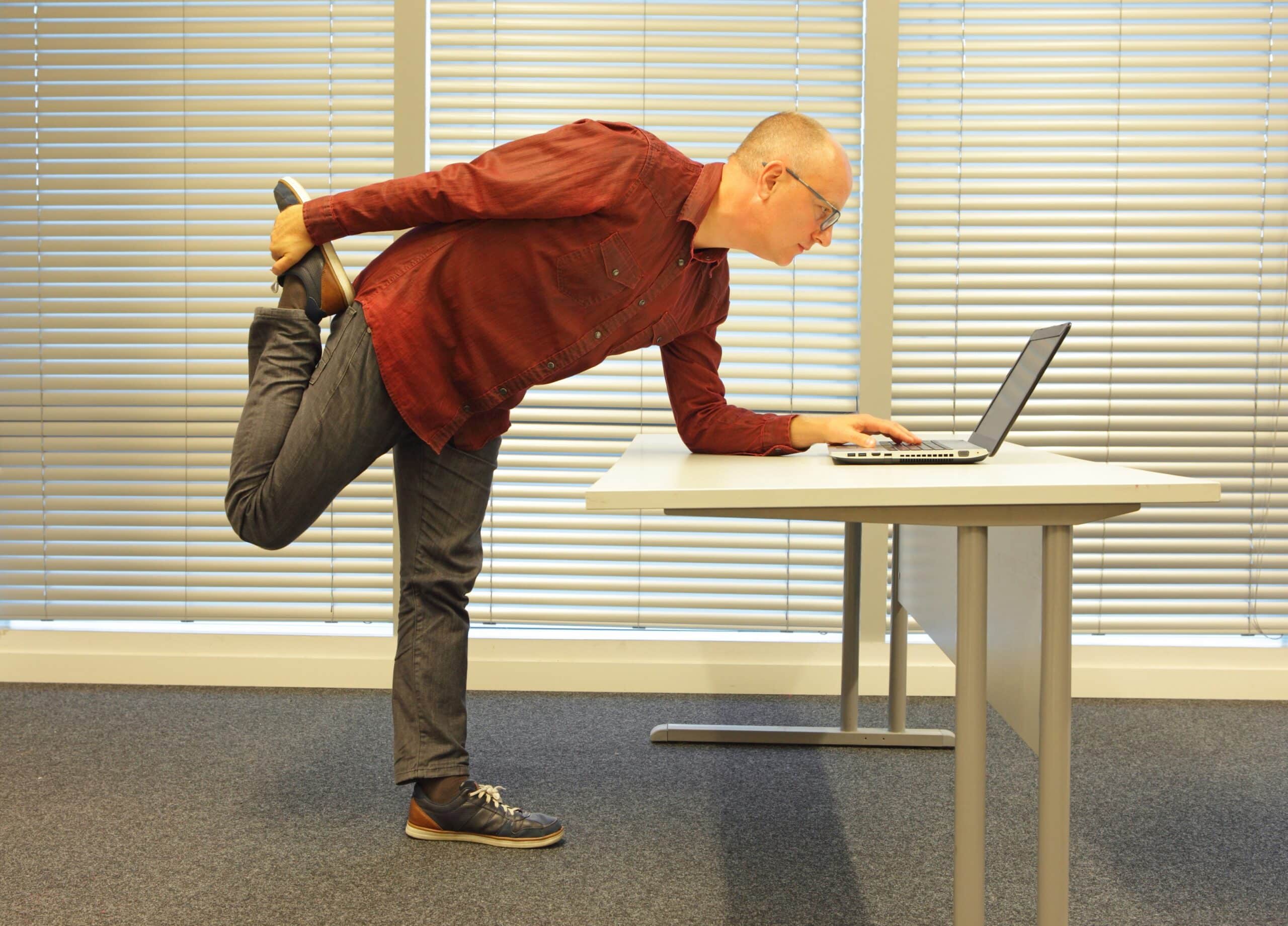Spending more time standing up can help your body to burn more energy and help to offset some of the negative health effects of an inactive lifestyle according to research from the University of Granada; instead of lying down or sitting standing will help our bodies to burn 45 more calories every 6 hours.
Based on their findings the researchers recommend widespread adoption of standing desks which will allow employees to stand while they are at work. These height adjustable standing desks are very common in Nordic countries, and the researchers suggest that they also be utilized around the globe to promote better health; by spending more time standing it will help to increase energy expenditure and thus help to avoid the negative health problems that are associated with a sedentary lifestyle.
“We Spaniards spend between 8 and 10 hours sitting or lying down each day, not counting the hours we are asleep. Therefore, if we take steps to combat a sedentary lifestyle by making small lifestyle changes, such as spending more time standing, this could reduce the risk of developing diseases such as obesity or Type 2 diabetes,” comments Francisco J. Amaro- Gahete, the study’s main author and a PhD Biomedicine student at the University of Granada, in a university release.
53 adults were divided into two groups: energy spenders, and energy savers, depending on how much energy each person typically used while switching from sitting or lying down to standing up. While they aren’t sure why some spend more energy than others, one factor appears to be muscle mass, as those with more muscle mass use more energy than those with less.
“Savers consume very little energy in their activities and, therefore, the difference between sitting/lying or standing is practically nil for them. But energy spenders burn approximately 10% more energy when they switch from sitting or lying to standing,” Amaro explains.
“It is really important to change your position,” recommends Jonatan Ruiz, one of the study’s authors. “If a person were to get up, take 10 steps, and sit down again, it appears that the effects of a sedentary lifestyle would be greatly reduced. Therefore, we must educate our school-age children and young people, as well as teachers, about the importance of avoiding spending long periods of time sitting down to considerably reduce the negative consequences of a sedentary lifestyle such as excess weight and obesity, or the risk of developing cardiovascular disease.”




